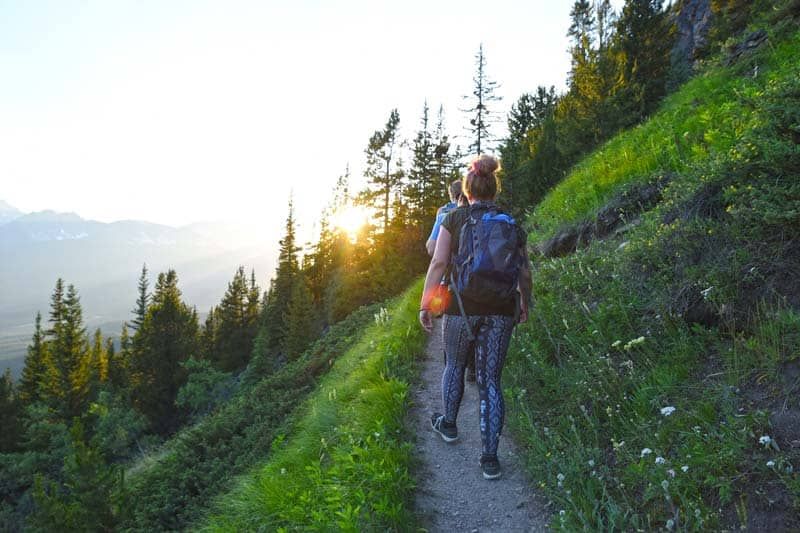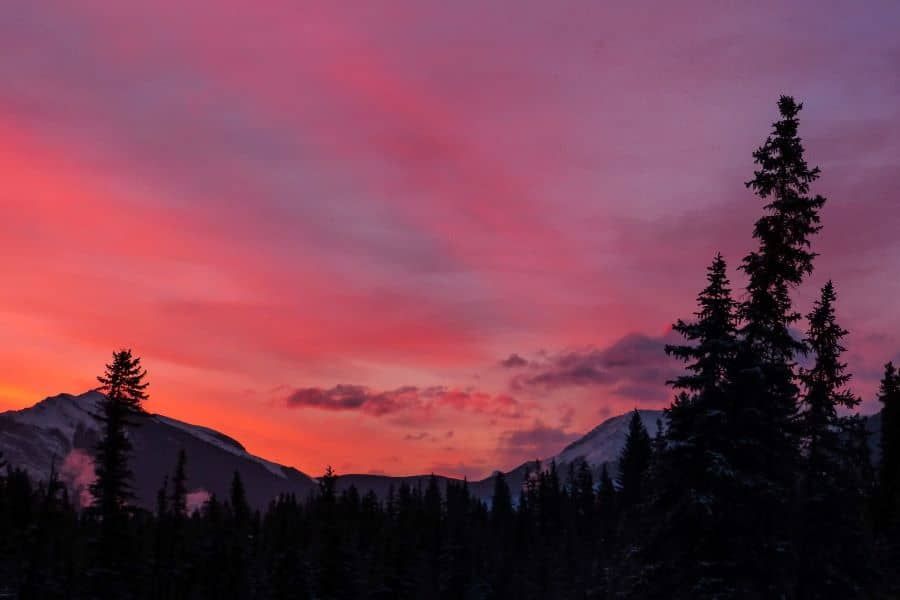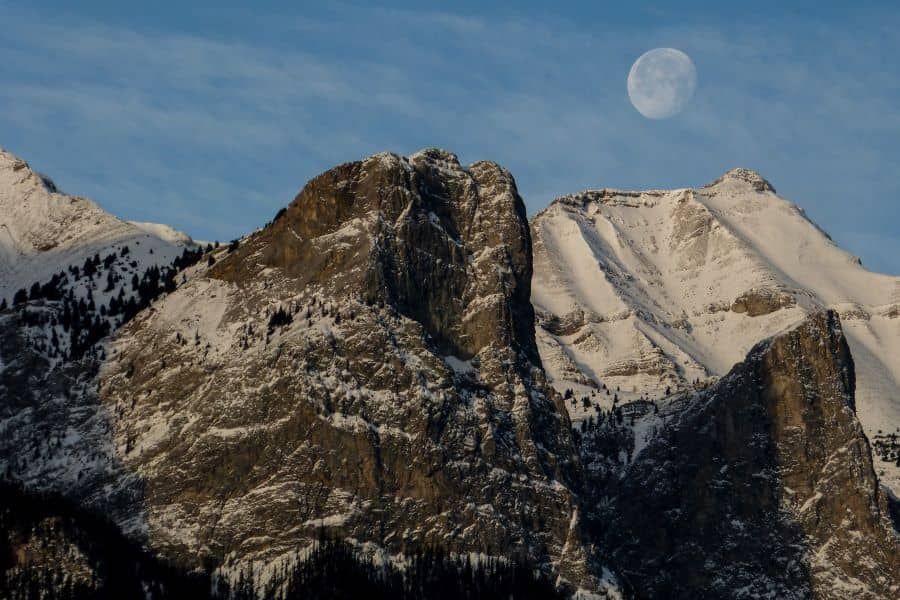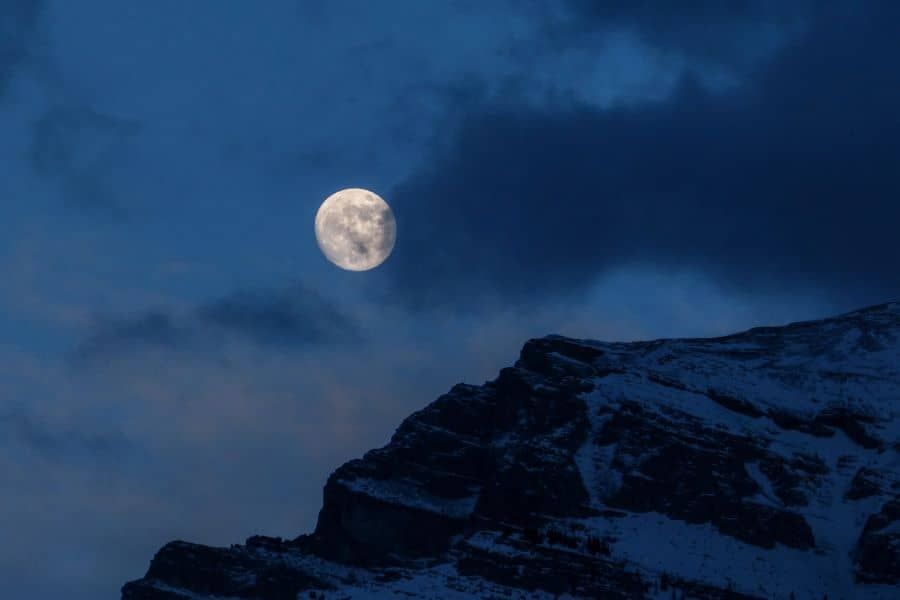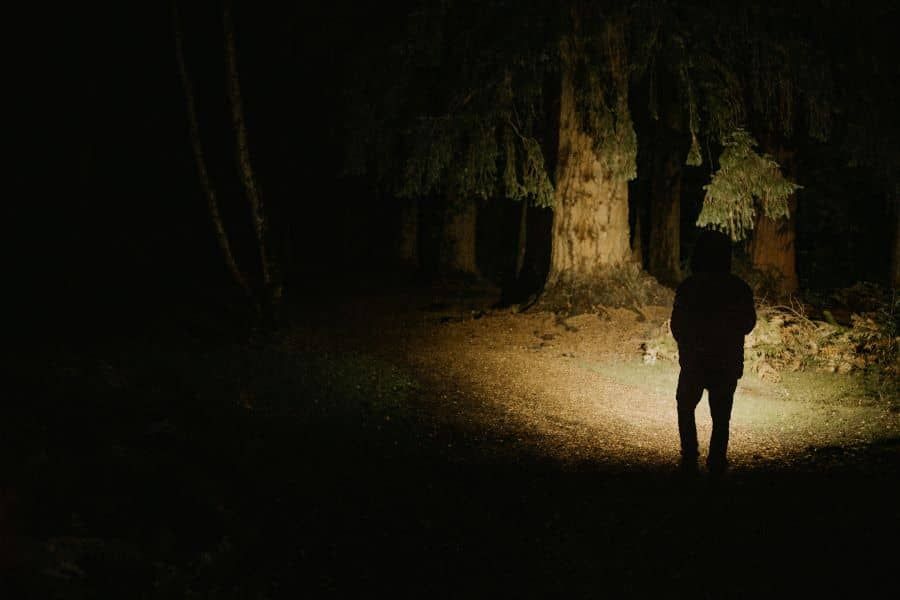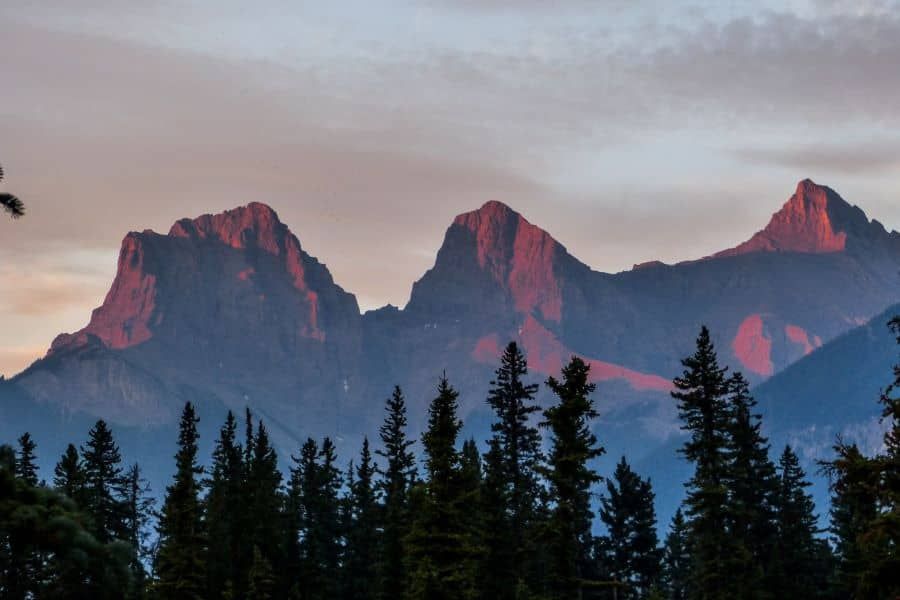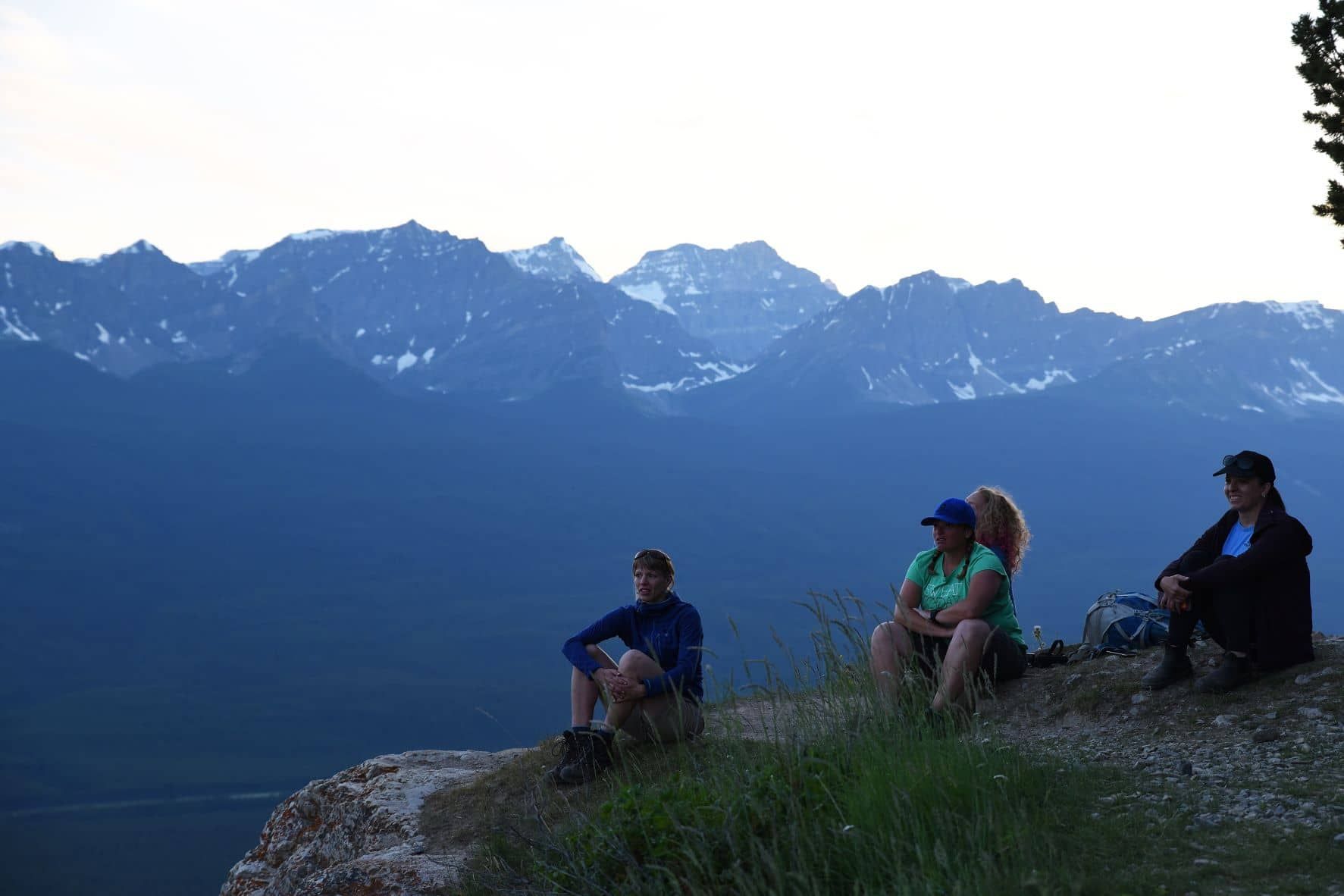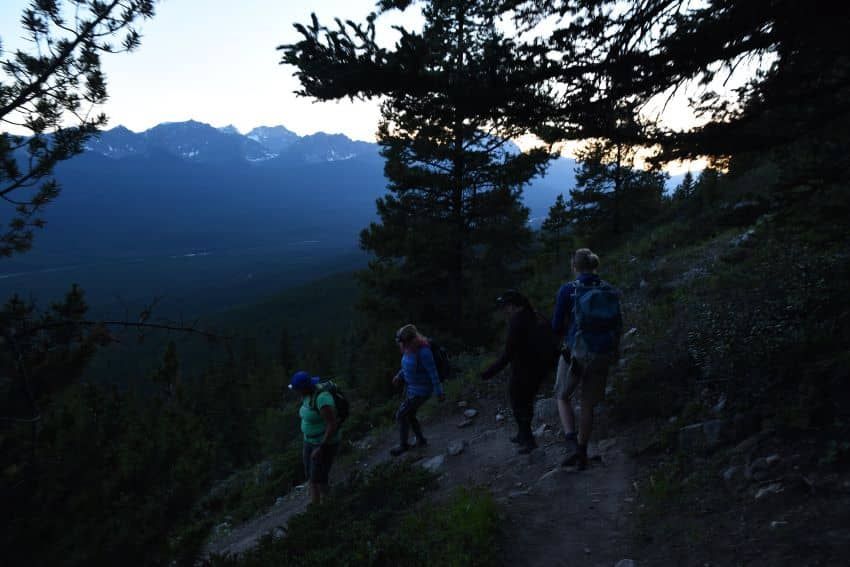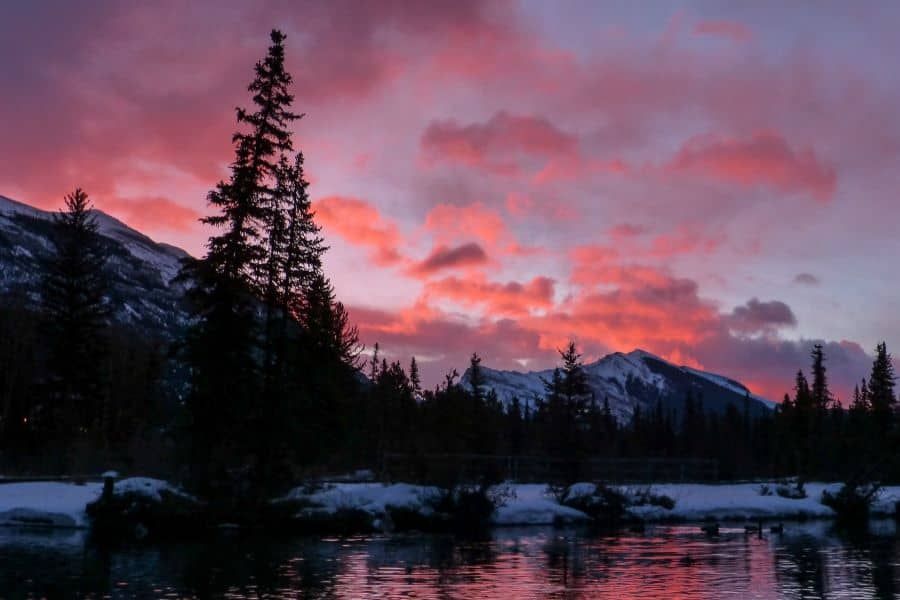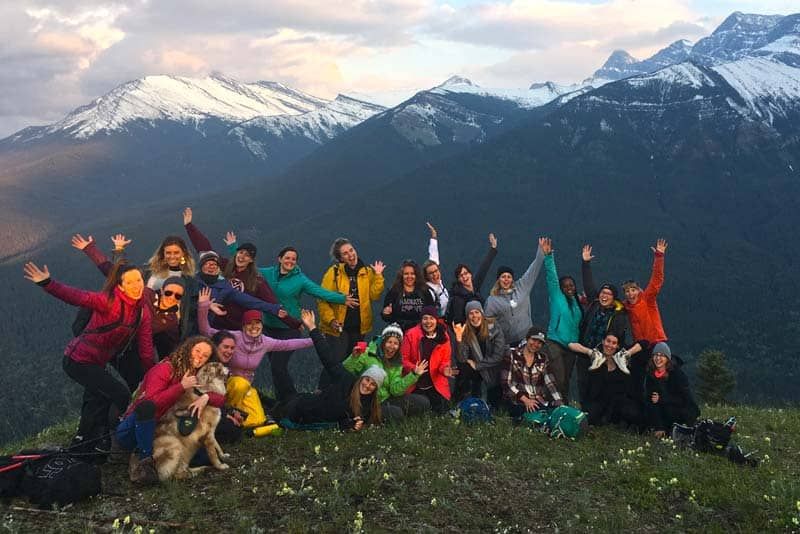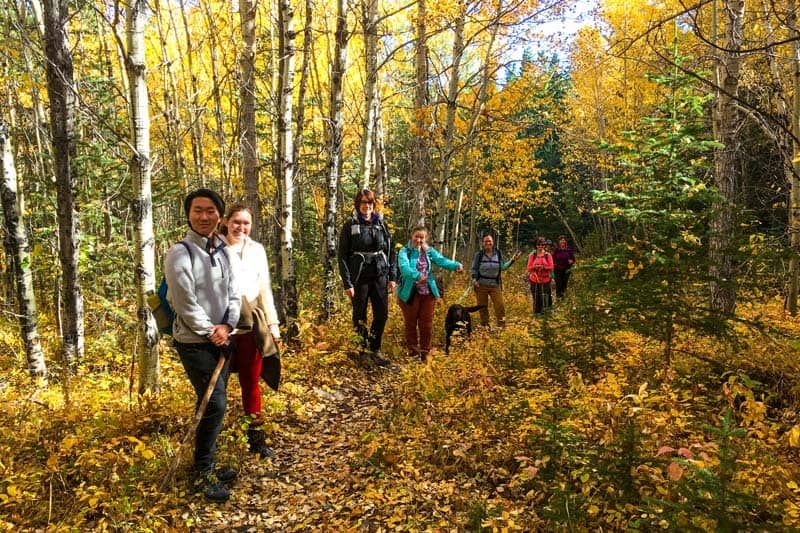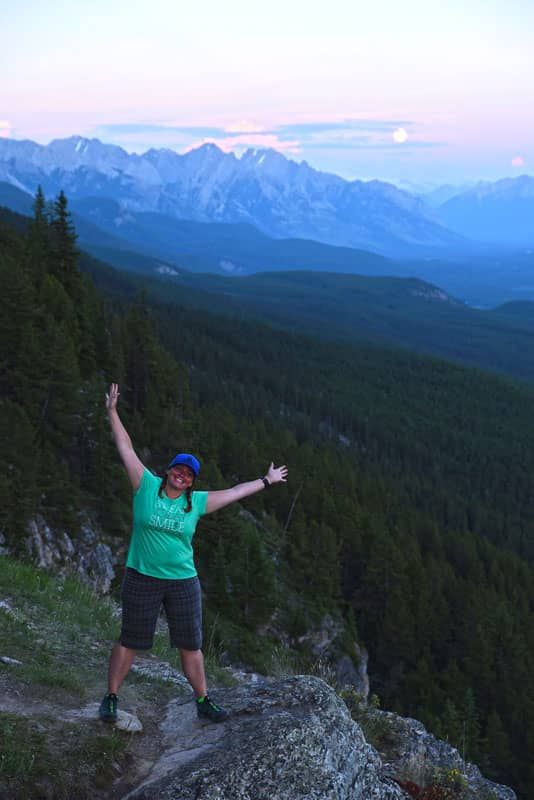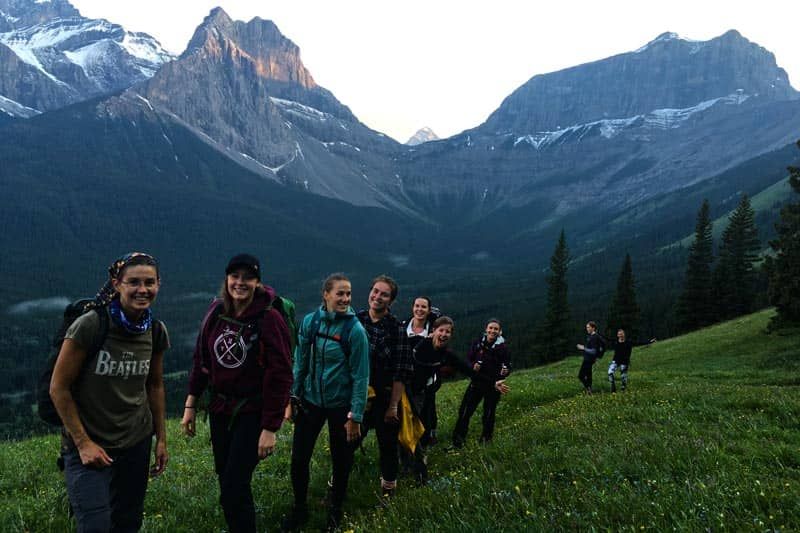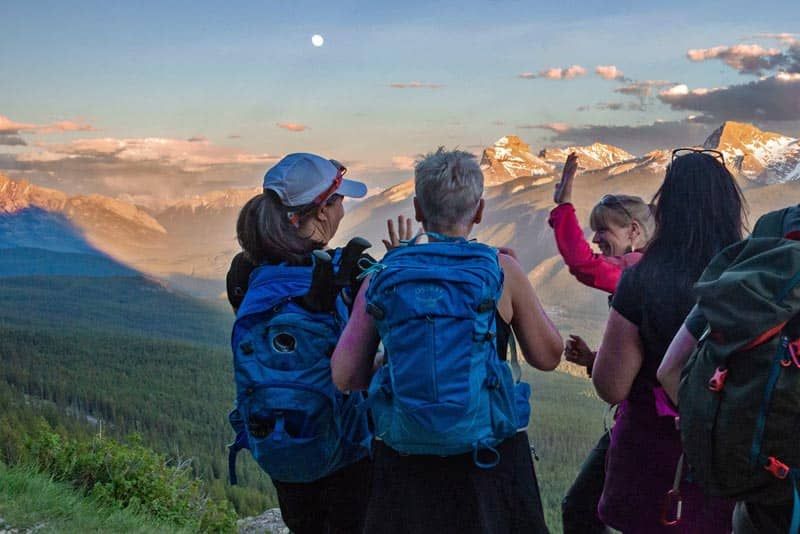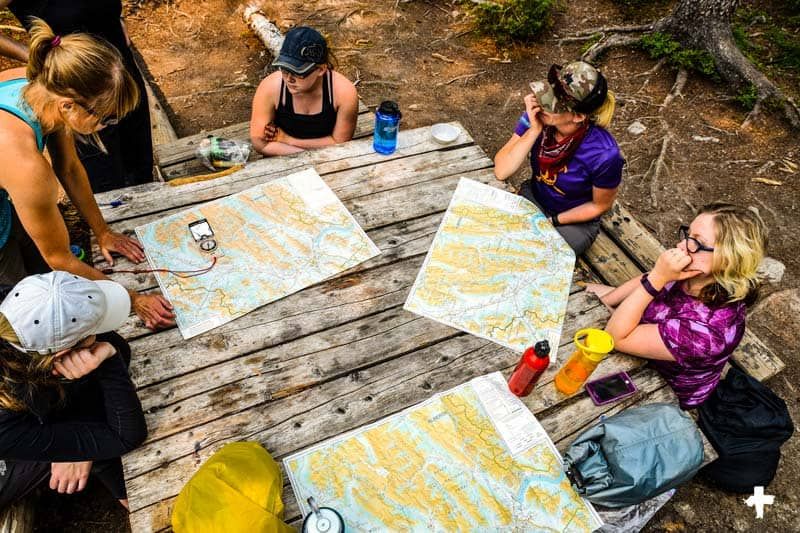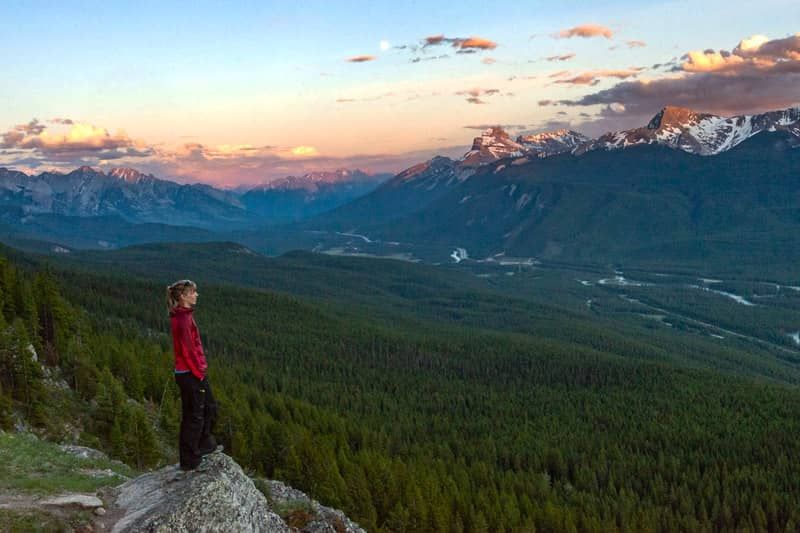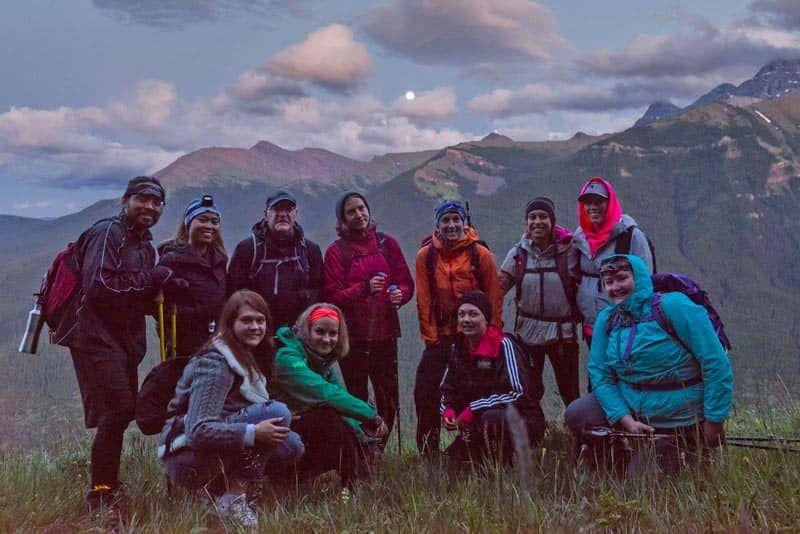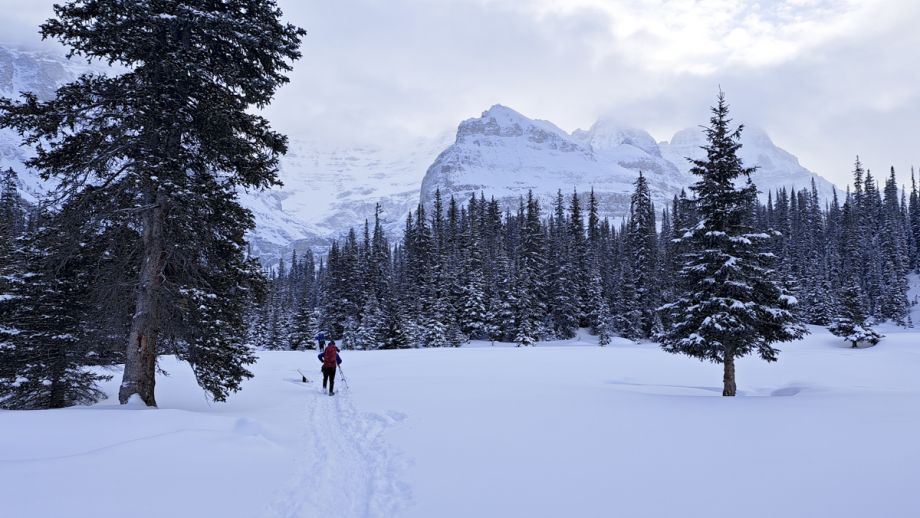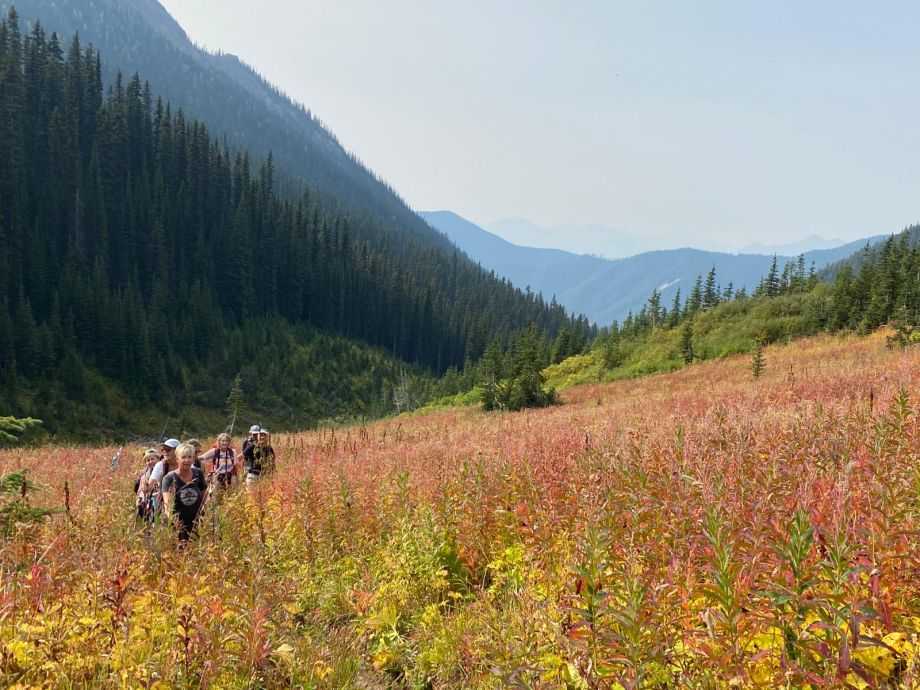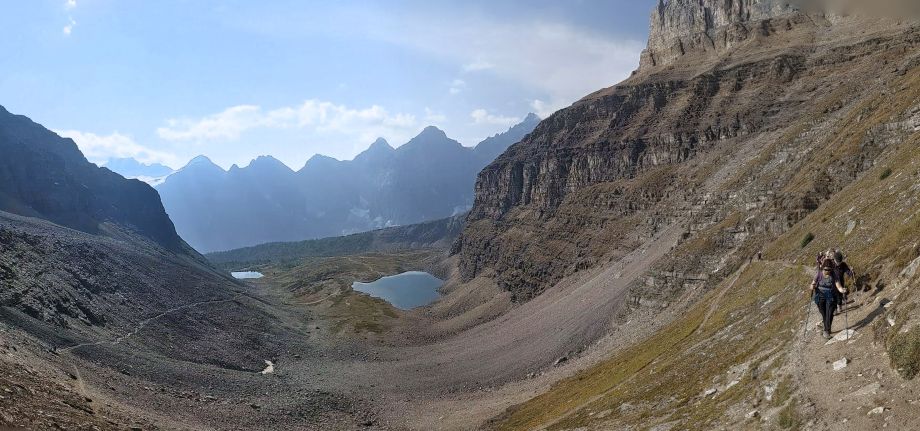10 Tips for Safe Night Hiking
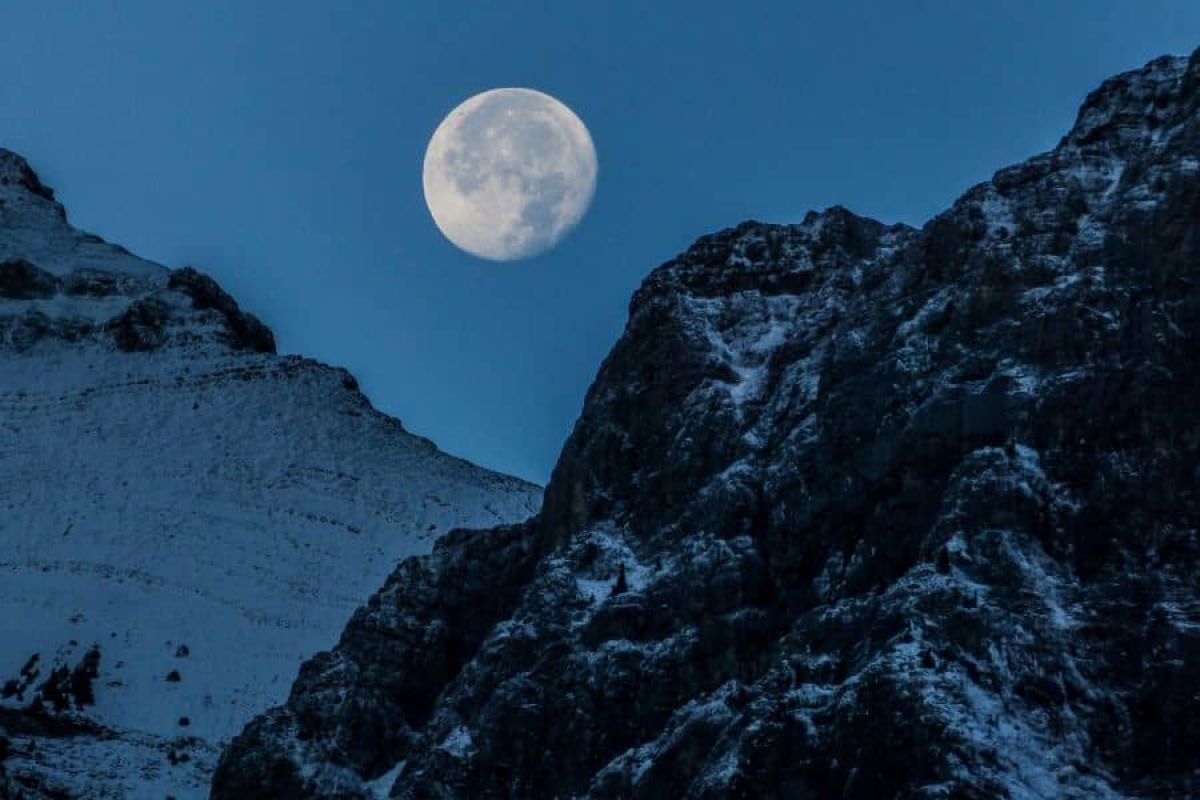
Hiking at night is an incredible experience, but requires more planning and care to do safely. Full Moon hikes allow us to explore the nocturnal world with the help of a guide and safety of a small group. There are many ways we work to make hiking at night go smoothly, and here are our top ten tips!
"Hiking at night is incredible, but requires more planning to do safely"
1 - Choose Straightforward Hikes
Navigation gets much trickier in the dark, so set yourself up for success. Choose a hike with a well defined path and not too many forks An out-and-back will be less committing than a loop, so opt for these when you can
2 - Pick A Trail You’ve Been On In Daylight
3 - Make Your First Night Hike A Sunrise Hike
You’ll be rewarded with a beautiful morning sunrise! If you get a little lost, finding your way will get easier as daylight arrives. You can build confidence by starting in the dark, but not have to do the entire hike in the dark
4 - Bring The Right Gear
Headlamps are critical, so check the batteries and consider bringing a spare for the group. Have a tarp or emergency blanket, warm clothes, and extra food and water. Charge up your cell phone or emergency communication device
5 - Be Prepared To Spend The Night
6 - Adapt Your Navigation
A Navigation course will give you many different tools. Dead reckoning (navigating based on surrounding landmarks) is harder, since you can’t always see the landscape around you. Rely more on hiking time and landmarks close to the trail like creek crossings or switchbacks. GPS (either phone or dedicated unit) can be helpful, just don’t rely 100% on them.
7 - Have A Big Time Buffer
Figure out how long your hike will take. Add extra because finding our way in the dark can take time. You don’t want to be in a rush, taking your time will be lower stress and more fun
8 - Respect Nocturnal Wildlife
Nocturnal animals are nature’s introverts; they operate at night to avoid others so we want to give them their space. Stay on trail. You wouldn’t want someone tromping through your bedroom in the middle of the night, so show forest creatures the same courtesy. The advice that works for bears in the day also applies at night.
9 - Stay Together In A Group
10 - Leave Your Route Plan With A Trusted Person
This is great advice for every hike, but can be extra important for night hiking. Include the name of the hike, when you plan to start and finish, your car’s description and plate number, the names and descriptions of everyone in your group, and your mobile number. If you do end up needing help, you will probably be waiting at least until morning. If you are overdue, then Search and Rescue teams will know exactly where to start looking for you, and help will come sooner.
Other Posts of Interest
Related Courses
Fresh off the Press
Most Popular Stories
Tags
Spread the Love - Share this article on your socials...
